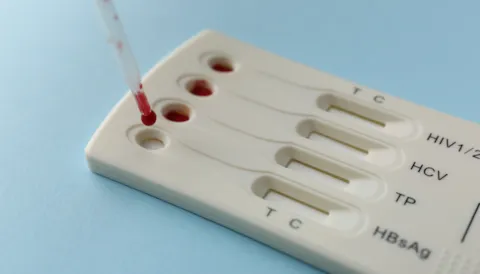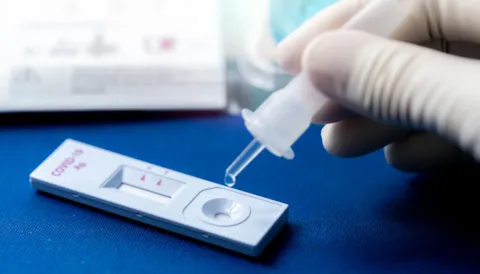Why technical documentation is the backbone of MDR compliance
Technical Documentation under MDR, Episode 2 of MDR Made Simple webinar series
If device classification is the diagnosis, then technical documentation is the treatment plan.
In Episode 1 of MDR Made Simple, we explored how classification decisions shape the regulatory pathway. Episode 2 built on that foundation, focusing on how a well-structured technical file supports every step that follows, from design to CE marking.
Under MDR, technical documentation has evolved from a static checklist to a living, breathing record of evidence. Much like a patient’s medical chart, it must tell a clear, traceable story: how the device was designed, manufactured, tested, and monitored once on the market. A weak or fragmented file can stall approval and trigger findings, while a strong, well-linked file paves the way to compliance.
The session unpacked the anatomy of a compliant file, covering Annex II and Annex III requirements, GSPR mapping, PMS integration, and the importance of showing exactly how each claim is supported. Examples of common pitfalls, such as generic references or missing rationales, highlighted why traceability matters more than volume.
The key insight: classification may set the course, but technical documentation determines whether the journey is smooth or turbulent. It is the backbone of MDR compliance.
As an MDR-designated Notified Body, DNV brings regulatory authority and technical expertise to help manufacturers build documentation that stands up to scrutiny and supports faster, safer access to the EU market.
The next episode in the series will focus on Clinical Evaluation and Post-Market Planning, connecting real-world evidence back into the compliance story.
10/29/2025 3:19:00 AM





